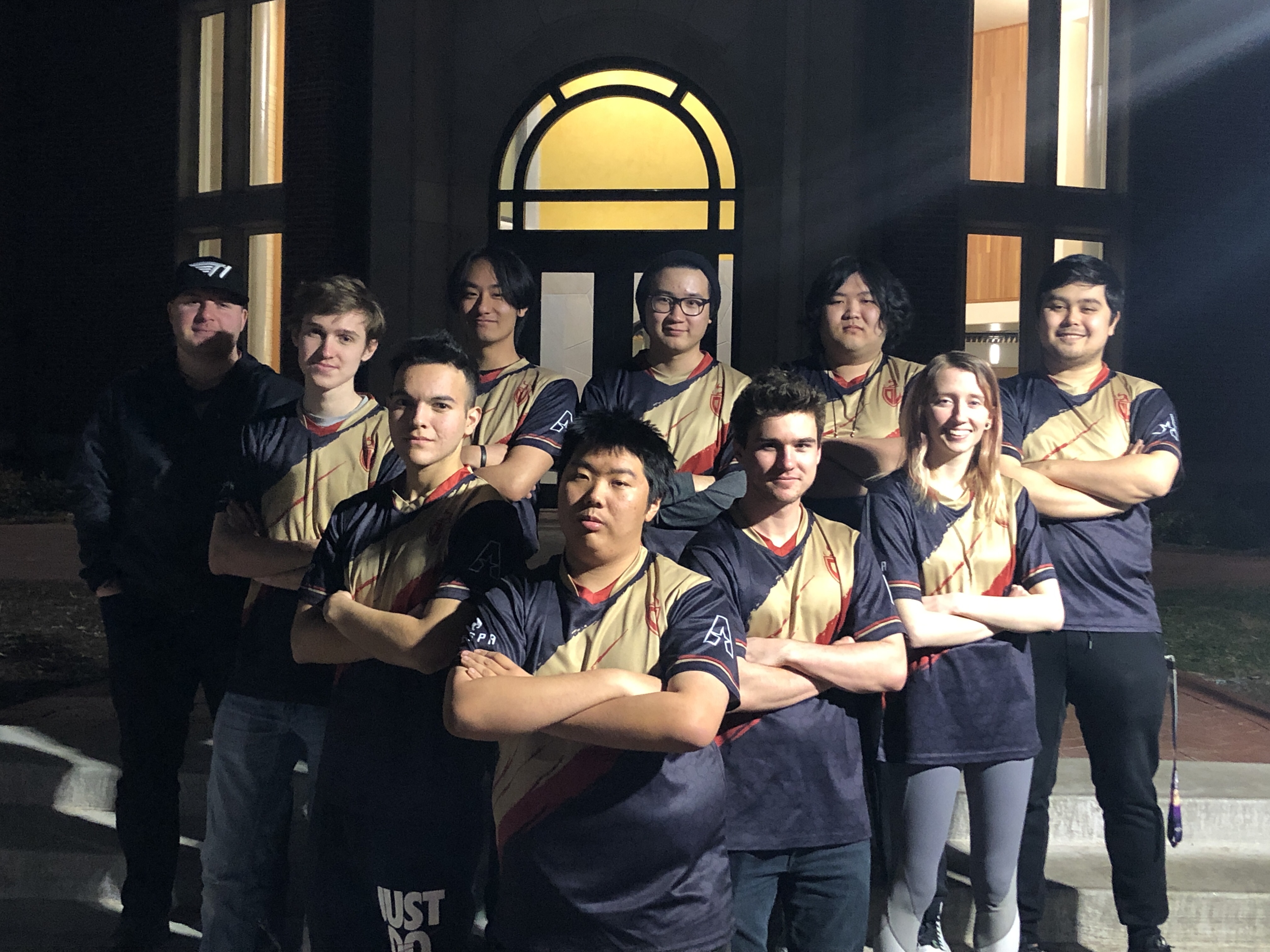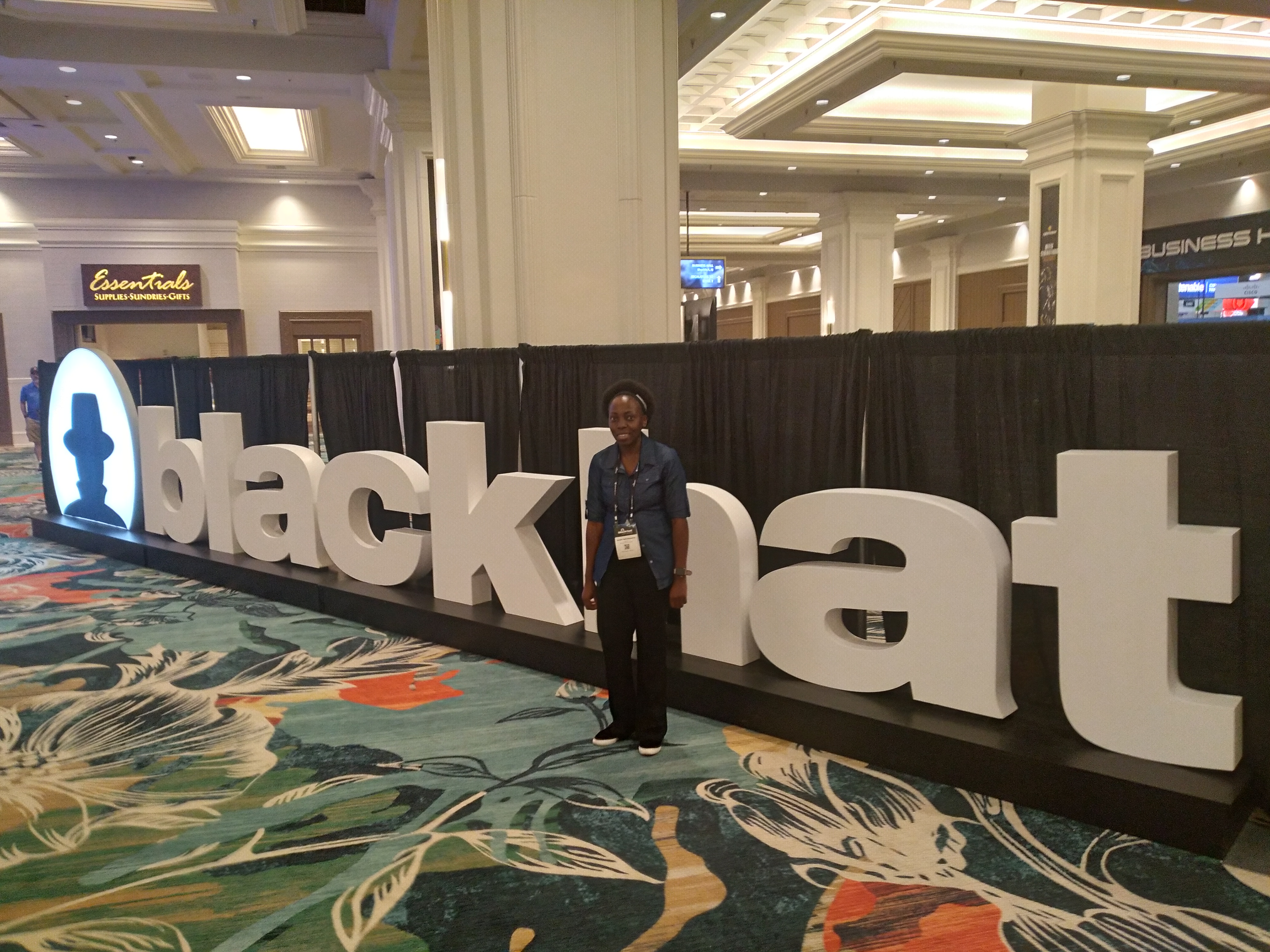Ritchie School Students Attend Global Game Jam
The Global Game Jam is a universal event that encourages game developers across the planet to come together for 72 hours of non-stop creation. This year, the University of Denver’s chapter hosted a jam from Jan. 26-28, bringing over 50 participants to the halls of the Ritchie School of Engineering and Computer Science building to create a total of 10 games.
The first Global Game Jam was held in January 2009. Since then, participation grew exponentially, reaching a pinnacle in 2020 with over 48,000 “jammers.”
The Game Development Society (GDS), one of DU’s Registered Student Organizations (RSO), began hosting a local jam site for the Denver Metro Area and its surrounding communities in 2009. The event ran strong for many years, becoming DU’s largest event, according to organizers, until the COVID-19 pandemic derailed many staples of student life, the Global Game Jam included.
As the world recovered, the event regained steam. Last year, 40,000 participants at 800 event sites, created 7,600 games. And at DU, GDS co-presidents Ethan Baedke and Ian Warren, with the help of Staff Advisor Meredith Corley, relaunched the event in 2022.
Baedke and Warren both have experience in the game development field, having taken Game Programming I at the Ritchie School. They became involved with GDS in 2022, due to the shared interest. After participating in the 2022 Jam, they quickly realized the value that such an event provides.
“It's easy to start a project, lose sight of it, and not finish it. A game jam forces you to finish it,” Warren explained. “You have to make the beginning, middle, and the end. So by the end of the 48 hours, even if it's a dysfunctional project, you got to the end, which is something a lot of people don't do.”
On the morning of the event, students gathered at the Ritchie School, computers in tow, and divided into 10 groups of 1-10 participants. Then, for the next 72 hours, the framework and flourishes of the games are ironed out, line by line of code. Some commute back and forth from the location, while others unfurl sleeping bags across the floor.
The event is not exclusive to DU; the Global Game Jam invites all to participate, and since DU hosts one of the only jams in the area, students from all over the Colorado higher-education environment come out. Organizers Baedke and Warren were sure to promote the event’s inclusivity by offering remote options via Discord, which saw successful implementation in this year’s jam.
“It drove a strong sense of collaboration and made remote jamming much more accessible,” Warren said.
The Global Game Jam encourages those new to coding to work alongside seasoned developers with several games under their belt. Additionally, the Jam is not only for coders, welcoming artists, musicians, and game designers outside of the video game realm.
“Frankly, even if you have zero experience, you can find a team who’s ready to work with you and help you figure it out,” said Warren.
There is a place for everyone within the jam: Lamont School of Music students can compose music for their teams, artists can create the graphics of the games, and participants record character noises and sound effects live.
Warren recalled a “diversifier,” which are extra challenges added to the jam by international organizers, from last year’s event that asked developers to make all of their art in Microsoft Paint. “It was a really good excuse to not have good art in our game,” he quipped.
The environment that GDS creates for the Game Jam intentionally exudes fun, reflecting the hope of the jam and the mission of the RSO: to ignite creativity within the field of game development. The Global Game Jam is different from a hackathon — another resume-bolstering opportunity within the Computer Science field. Unlike a hackathon, there is no competitive component. The goal is to produce a finished project that one is proud of, something that one might return to.
Whatever participants create can be honed at GDS’s weekly meetings on Fridays at 1:00 p.m. within ECS 358.
“It's not a very instructional structured workshop. It's an area where people come in to work on their projects, and we’ll give advice, help people solve problems, and connect people,” said Baedke.
Although the Global Game Jam will not recommence for another year, the Game Development Society offers their resources weekly for any budding developers interested in refining their ability. More information about GDS, including upcoming events, can be found on their Crimson Connect page.




